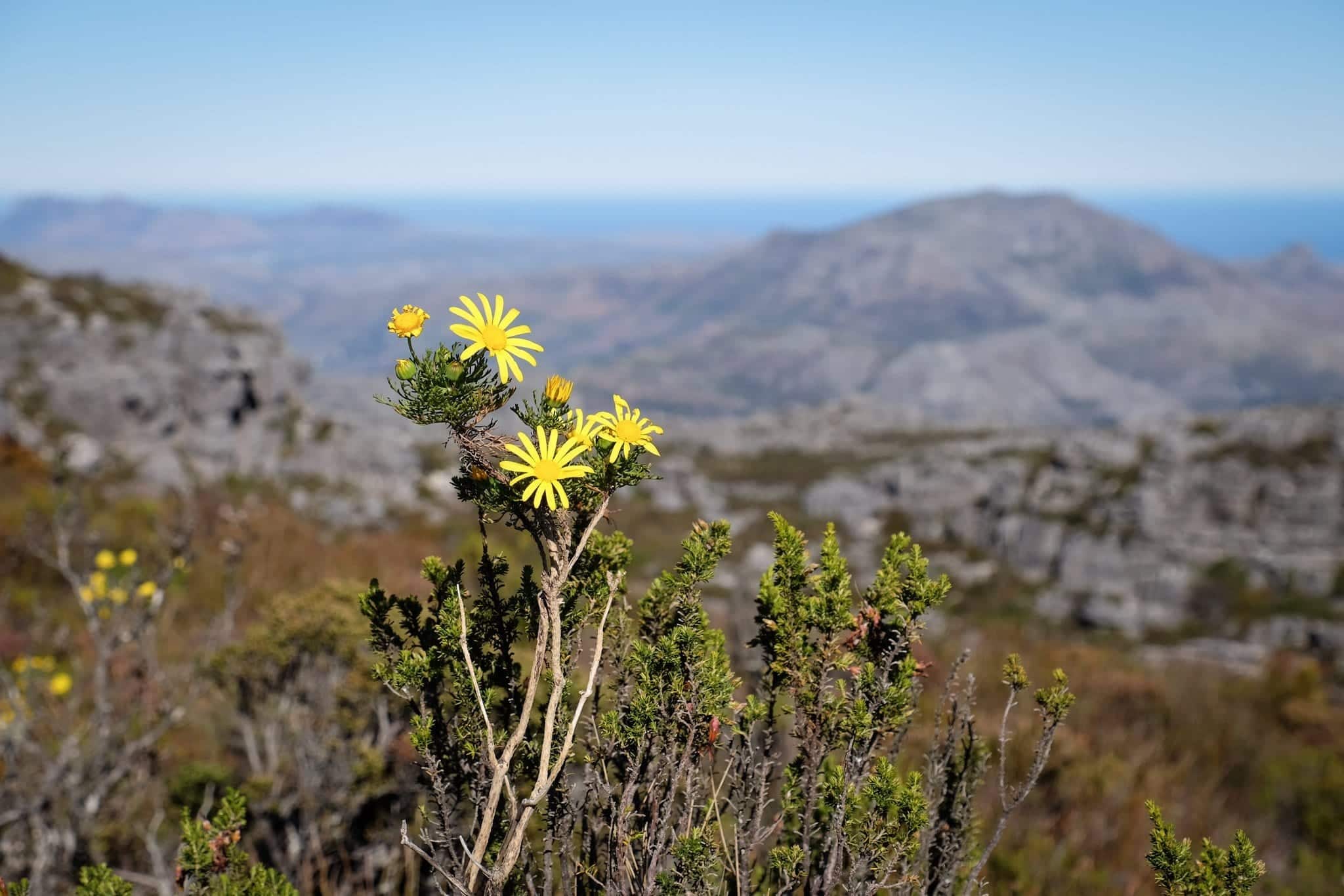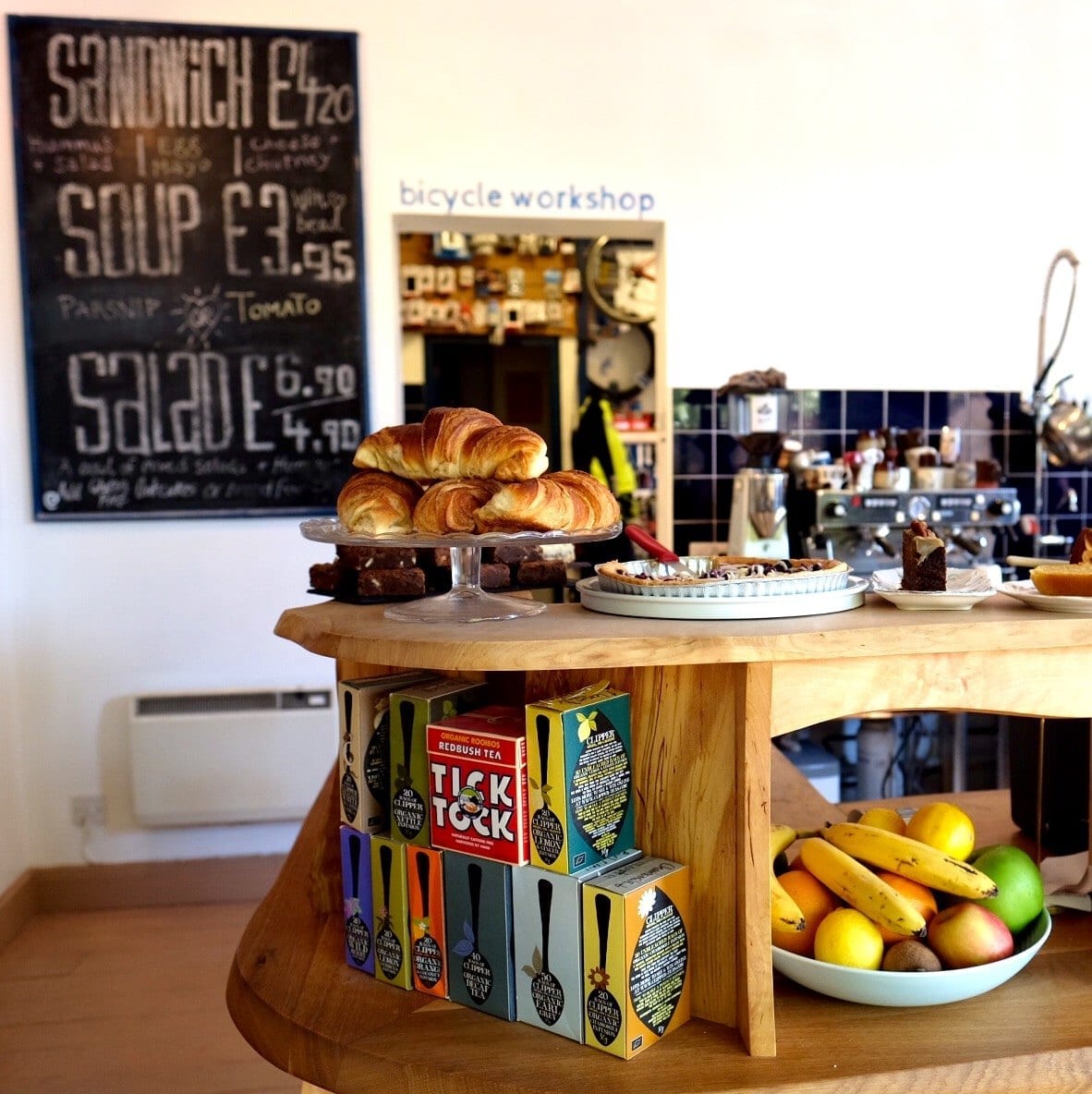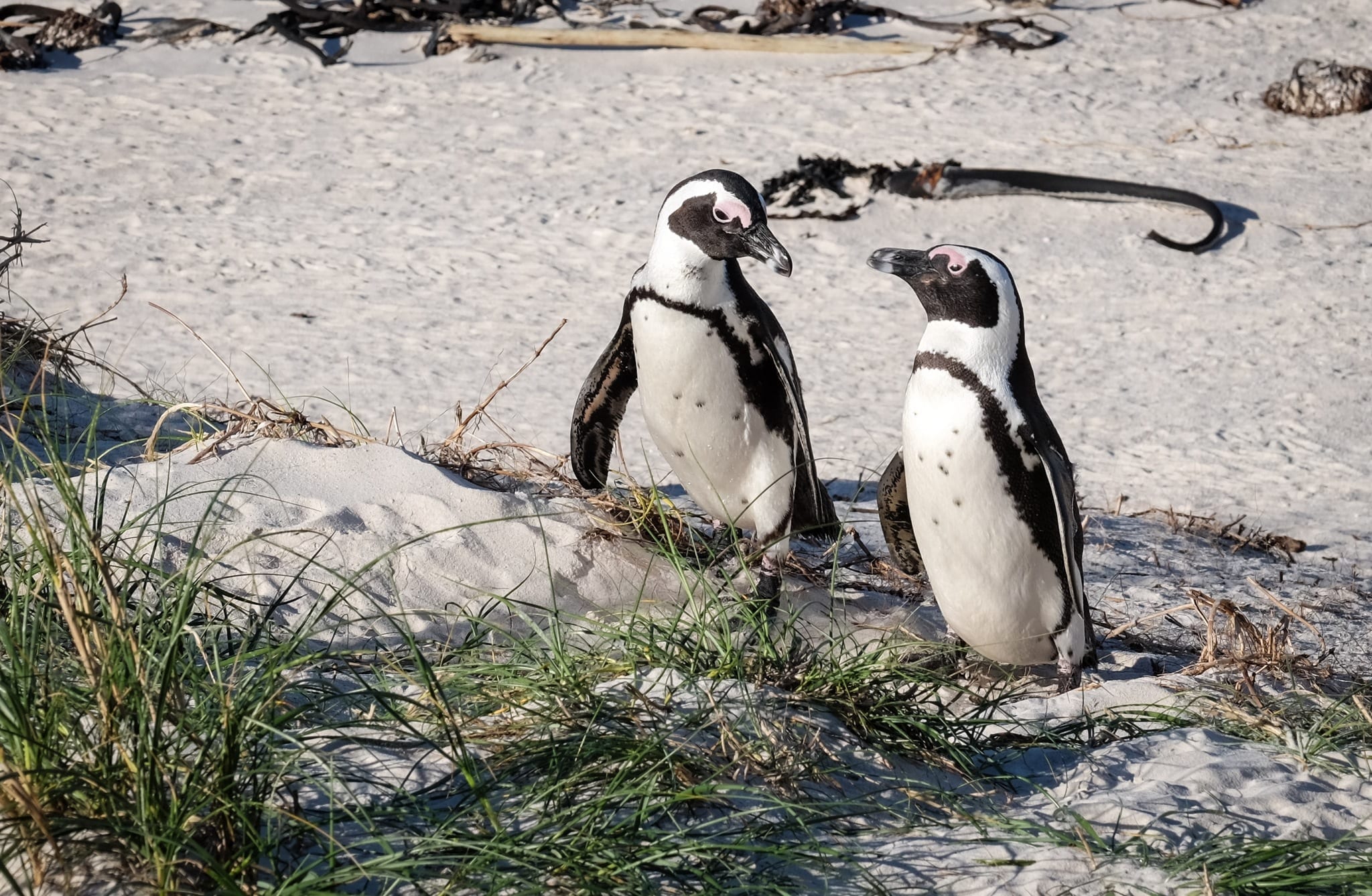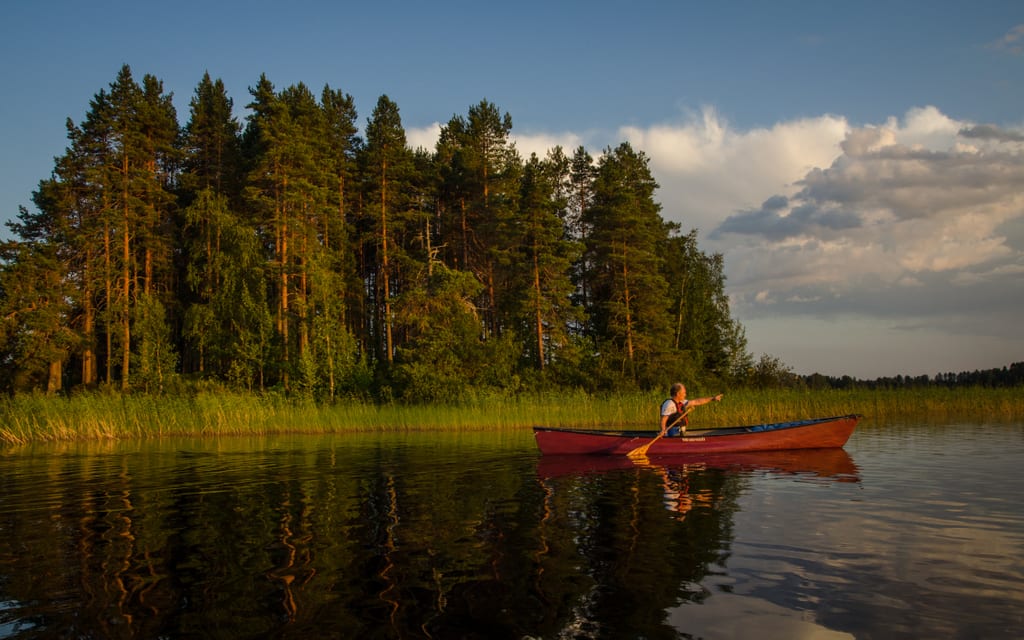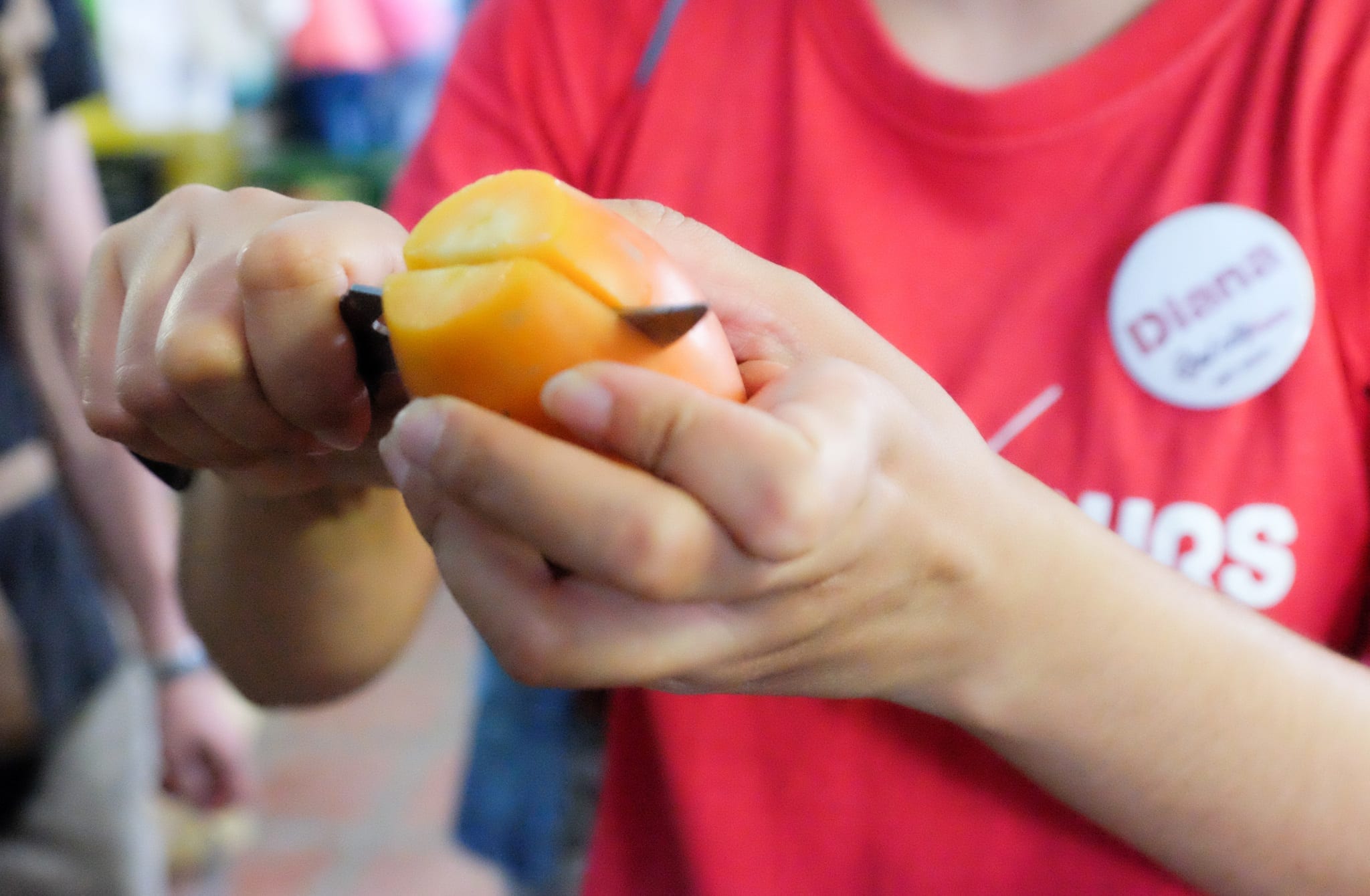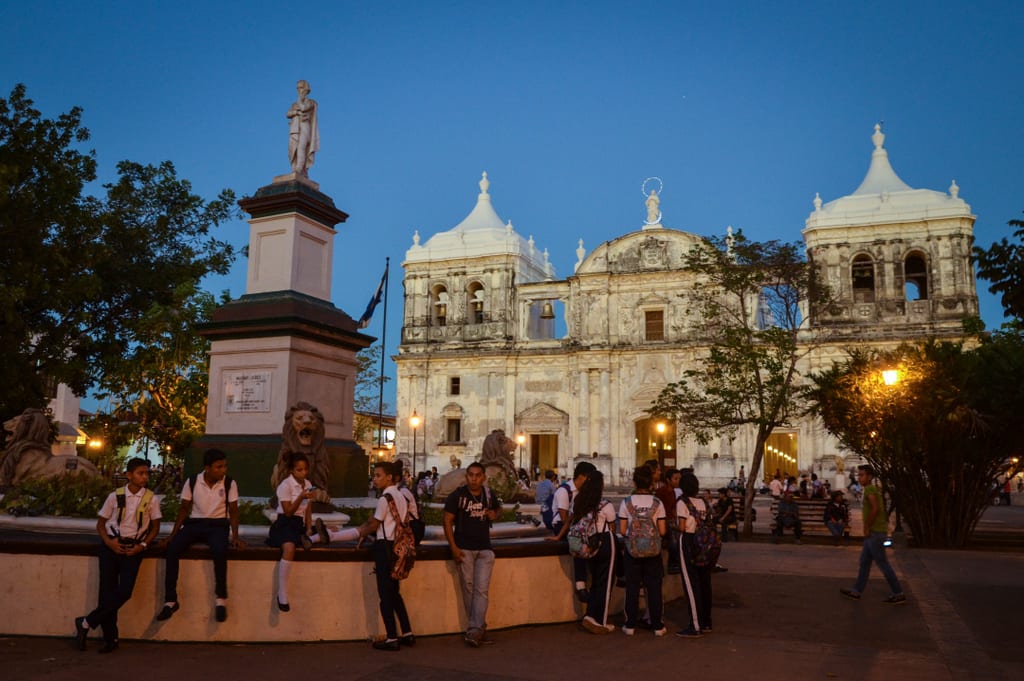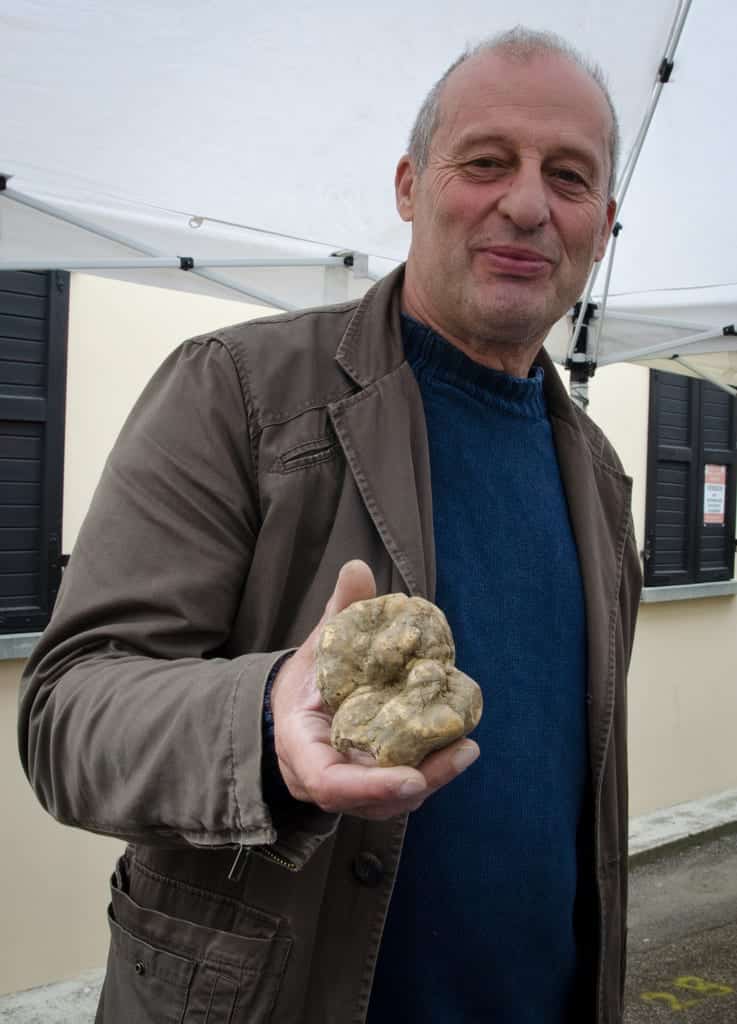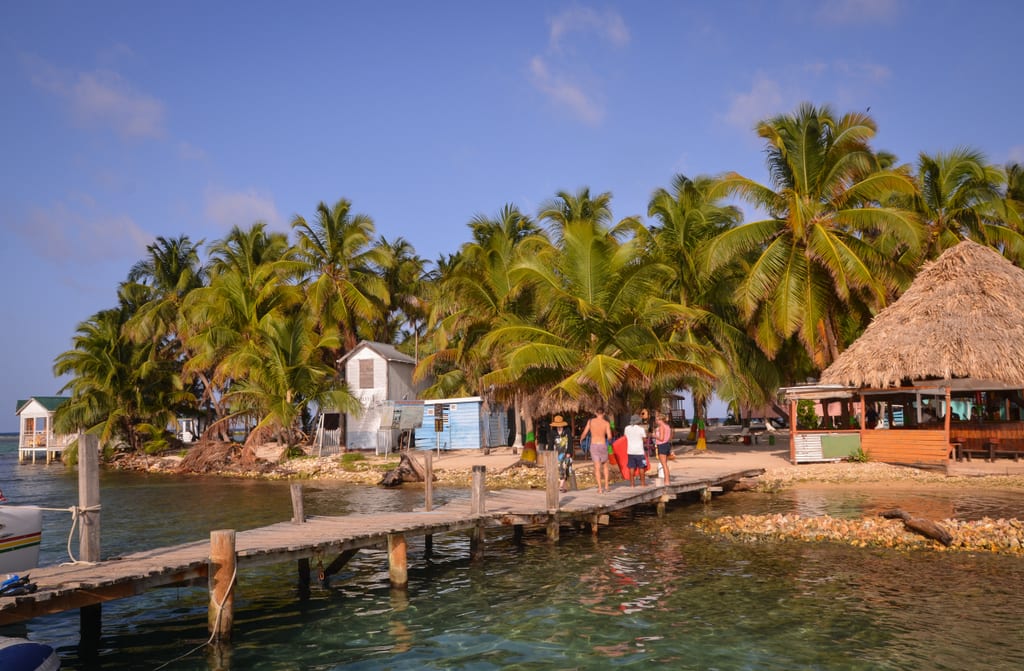Adventurous Kate contains affiliate links. If you make a purchase through these links, I will earn a commission at no extra cost to you. Thanks!
The following branded content post is brought to you by AIG Travel Guard. When I was asked to co-host AIG’s solo and sustainable Twitter chat and write about sustainable travel here, I was all too glad to participate. I hope to see you at the chat on Friday!
We could all stand to do better when it comes to traveling sustainably. There’s more to it than choosing a green hotel and turning off the water when you brush your teeth.
Sustainability, at its core, is about making as positive an impact in your travels as possible. That means making compassionate decisions about where to spend your money, how to protect the environment, and how to interact with locals in order to leave the destination just as good or better condition than how we found it.
How can we make the most positive impact as a traveler? Here are some tips.
Support small businesses whenever you can.
On almost every occasion, you can eschew chains in favor of choosing a small local business. When you do this, you’re ensuing that the money goes into the pockets of local entrepreneurs, not CEOs who really don’t need a fifth vacation home.
Additionally, take time to support as many small businesses as possible, particularly when it comes to dining and shopping. You might find the most amazing textile shop on your travels and want to buy something for everyone in your family — and while that’s wonderful for the people who work in the textile shop, it’s less than ideal when you could be buying things from several different shops.
Educate yourself on local sustainability issues before your trip.
If you do any amount of research before your trip, don’t just look up the cool restaurants and hipster neighborhoods — also read about local issues and how they might affect your trip.
You might not be aware that there’s a drought in your destination, for example, and that water needs to be conserved even more closely than usual. If there’s significant unemployment, that might add to an increased amount of homelessness.
One of the biggest examples of this is elephant riding in various Asian countries. Elephant rides, no matter where they are done or what kind of place it is, are a form of animal cruelty. There is no way to train an elephant to give rides without abusing them, and no place that offers elephant rides should be financially supported.
One of the best things travel bloggers have ever done is create mass awareness about the cruelty of elephant rides. Because of their efforts, hundreds if not thousands of travelers have avoided elephant rides since.
Travel sustainably when possible.
In an ideal world, nobody would fly, ever. But if that were the case, few people would travel, ever. While flying is often unavoidable, there are ways to reduce your environmental impact.
Consider taking direct flights rather than indirect flights when you can. Consider contributing to a carbon offset program, of which new ones seems to spring up on a regular basis.
And once you arrive in your destination, stick to public transportation, rent a bike, take shared taxis, or walk whenever you can. If you’re driving, choose a hybrid vehicle if possible.
Eat locally and within the seasons.
It’s funny how things change over time. Having the finest tuna flown in from Japan used to be the hallmark of fine dining — nowadays, people are more interested in the basil that grows in the restaurant’s rooftop garden.
Local and seasonal dining used to be the only way to dine — and it’s nice that this year many restaurants are taking seasonality seriously even when you can get any food at any time of year. Focus on eating things like asparagus in the spring, tomatoes in the summer, squash in the fall, and root vegetables in the winter.
Another great way? Visit a farmer’s market! This way you’ll be eating locally, staying within the seasons, and supporting local farmers.
Plan to donate a set amount of money to a local charity.
Before you arrive, consider making a donation to a local charity. You may want to donate to a local food bank, school, animal shelter, or a local NGO. Chances are you’ll come across one in your travels or hear about one from someone you meet.
If you can’t find anything during your trip, local charities are easy to find online afterward.
Donating an amount of money you can afford is a kind way to ensure that your visit has a positive impact on the local community.
Talk to people — but also listen.
The easiest way to create cross-cultural understanding is to talk to locals whenever you can. Don’t use them as window dressing or Instagram props — make conversation.
Learn a few words of the local language — “hello,” “thank you,” and “delicious” are three good words to start with. And if there’s no language barrier and it turns into a longer conversation, continue the exchange — talk about your own life as well. Don’t seek to interrogate; seek to exchange and understand.
Join me in a Solo and Sustainable Twitter Chat on Friday, June 16 at 2:00 PM EDT!
I will be co-hosting a Twitter chat on solo and sustainable travel with AIG Travel Guard and Cassie De Pecol, who recently broke the Guinness Book of World Records for the fastest person and fastest female to travel to all 196 sovereign nations.
Join us for fun travel conversation — and the chance to win prizes, including a $100 gift card and a basket of travel gear curated by Cassie.
Date: Friday, June 16
Time: 2:00-3:00 PM EDT
Hashtag: #WhereNext on Twitter
Prizes: $100 gift card (three winners) or basket of travel gear curated by Cassie (Grand Prize)
RSVP: Please RSVP here in order to be eligible to win.
You can see the full list of rules here.
Note: you must RSVP to the chat in order to be able to win! RSVP here.
See you there on Friday, June 16, at 2:00-3:00 PM ET!
